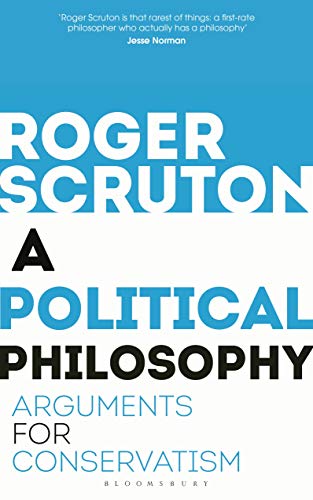Bethany Allen-Ebrahimian alleges that Christians are crying wolf with claims of marginalization and persecution and that those claims need to be vigorously challenged. Why have liberals failed to challenge them? She answers:
Why are we reluctant to challenge such claims? It’s the result of a tacit social contract, an uneasy truce after the 20th-century wars over science and the role of religion in the public sphere. According to this social contract, institutions outside the religious sphere will not use scientific methods to criticize religious beliefs, so long as those beliefs are not combined with sweeping political claims that extend far beyond the walls of the church.
This paragraph is astonishing on a number of levels:
1. Allen-Ebrahimian claims there is a “tacit social contract” in which secularists will not use “scientific methods to criticize religious beliefs.” Really? I can hardly believe that she would make this claim. Has she read any of the contemporary debates between creationists, evolutionists, and intelligent design advocates? The writings of the new atheists? To be sure, each side can give as good as it gets. But to say that Christian belief has been free to operate without scientific critique is just incredible.
2. Without realizing it, Allen-Ebrahimian exemplifies the very reason conservative Christians are concerned about marginalization and mistreatment. She says that Christians are free to practice their belief within the walls of the church but that they dare not do so “beyond the walls of the church.” Right there is the problem. It’s the difference between freedom of worship and freedom of religion. Freedom of worship relegates religious observance to the church house. Freedom of religion—our nation’s first freedom in the Bill of Rights—allows believers to practice their faith outside the walls of the church in their work, community, etc. So for example, if a Christian baker doesn’t want to participate in a gay wedding, freedom of religion says he shouldn’t be forced to do so. But the freedom of worship folks believe that he can bake cakes however he wants at church, but outside the church the state can use its coercive power to force him to violate his conscience and participate in gay weddings. It’s easy for Allen-Ebrahim to say “nothing to see here, move along.” She’s not the one facing public sanctions for believing what Christians have always believed about marriage.
3. Allen-Ebrahimian claims that Christians can believe what they want so long as “those beliefs are not combined with sweeping political claims.” This is staggering. Christianity is nothing if not a sweeping political claim. We believe that Jesus is Lord and that Caesar is not. That is why we sing at this time of year that he is “King of kings and Lord of lords and he shall reign forever and ever.” We don’t believe these words to be pie in the sky. We really do believe that our highest allegiance is to a crucified and raised Jewish man from Nazareth. We believe that he will judge the nations in righteousness, including the United States. We also believe that there will be sorrow for everyone who comes up short at that judgment. Those truths have sweeping implications for the way we live our lives now as citizens. And there are sweeping political implications for the way we view human dignity, justice, war, and a host of other public issues.
Christians aren’t crying wolf or being paranoid about the challenges to religious liberty that are increasing nationwide. They are happening whether Allen-Ebrahimian acknowledges them or not. And her wish to banish religious observance from the public square is precisely why we are concerned.



